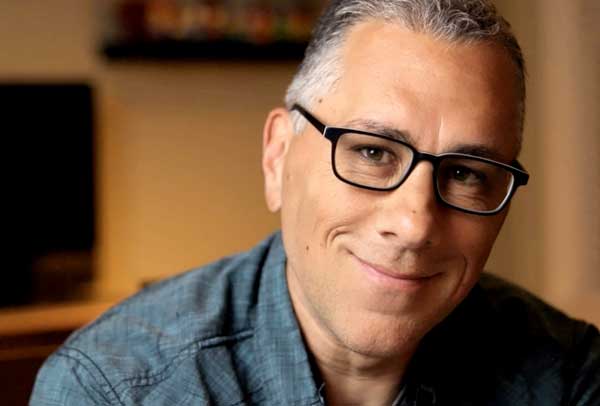Republished with permission from John Pavlovitz
“You should let people know what you’re for, not what you’re against.”
The implication is that declaring your opposition to people or laws or movements is somehow an unhelpful negative posture that comes across as combative and inevitably makes people shut down.
On its face the sentiment sounds like it makes sense: focus on positivity and you’ll have better progress with people who disagree with you.
It’s simply not true.
It’s not something I’m interested in either.
I want people to know what I’m against.
I want to specifically name the things I find unconscionable, the conduct that turns my stomach, the legislation I abhor, the cruelty I will not abide.
I want to state my disgust with such clarity that misunderstanding me is not possible.
I want there to be no ambiguity in my words or any confusion about my outrage, because I don’t want to let the bigots and racists and phobic people off the hook.
I don’t want them to pretend we’re of like mind, merely because we both use words like family or justice or love or liberty.
Specificity allows for no mysteries and forces people to declare where they stand, regarding immigration or LGBTQ rights or women’s healthcare. That clarity doesn’t let anyone hide behind semantics or vague language.
Whenever people say, “I want to know what you’re for, not what you’re against.” they’re usually not being intellectually honest anyway. They know damn well what I’m for—they just don’t like what I’m for. It isn’t that they actually believe me to be an unreasonably negative person, they simply realize that attacking me for me my tone and my manner is a convenient conversation stopper that allows them to avoid accountability or dig any deeper.
I’m against many things.
I’m against LGBTQ people being told who they can marry and what bathrooms they can use and whether they can adopt children or why they can’t serve in the Military.
I’m against sick and poor people being without affordable healthcare in a nation whose Conservative leaders won’t stop saying is so damn great—when every other civilized country can figure it out.
I’m against the violence regularly experienced by Muslims and Jewish people and immigrants and people of color and women in hijabs and men in turbans, at the hands of emboldened supremacists.
I’m against old white men with no medical experience making legislative decisions about what a women does with her body or what choices she has regarding her autonomy over that body.
I’m against Conservative Evangelicals trying to legislatively impose their religious phobias and antiquated prejudices against people who don’t believe or love or worship or look the way they do.
I’m against the proliferation of weapons of easy carnage, the near daily mass murders committed with them, and a political party so in bed with the gunmakers that they do nothing to stop the bleeding.
I’m against FOX News for intentionally preying upon suggestible people by providing an endless stream of lies and incendiary rhetoric designed to manipulate them into being perpetually terrified of people of color, Muslims, and non-Republicans.
I’m against Republicans in Congress who have abandoned their responsibility to represent the people, who regularly disregard the Constitution, and who undermine our national sovereignty by capitulating to a predatory former leader whose only impulse is to damage.
I’m against this historically malignant former President and the incessant and unspeakable violations he commits against the most vulnerable and already burdened human beings—and the people I live alongside who’ve abandoned all morality and decency in order to support him.
Now, if someone claims they can’t tell from these statements about what I’m against, that I’m conversely for equality, for diversity, for compassion, for humanity—I’m not going to argue with them.
I’m just going to believe that they don’t really want to know what I’m for.
Because equality, diversity, compassion, and humanity, the things I’m clearly for—they’re clearly against.
What are you against?

John Pavlovitz
John Pavlovitz is a writer, pastor, and activist from Wake Forest, North Carolina. A 25-year veteran in the trenches of local church ministry, John is committed to equality, diversity, and justice—both inside and outside faith communities. When not actively working for a more compassionate planet, John enjoys spending time with his family, exercising, cooking, and having time in nature. He is the author of A Bigger Table, Hope and Other Superpowers, Low, and Stuff That Needs to Be Said.
